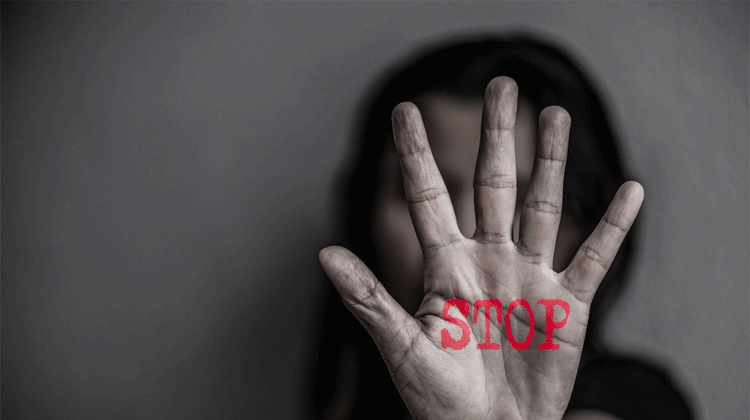New Delhi: The Delhi High Court on Tuesday wondered how the dignity of married and unmarried women can be differentiated and asserted that irrespective of marital status, every woman has the right to say ‘no’ to a non-consensual sexual act. The high court said the rationale and the thrust are that a relationship cannot be put on a different pedestal as a woman remains a woman.
“Just because she is married so she can take recourse of other civil and criminal laws and not under section 375 (rape) of the IPC if she is a victim of forcible sexual intercourse by her husband, is not alright,” it said.
The bench, while hearing a batch of petitions seeking criminalization of marital rape, also asked, “Just because she is married, does she lose her right to say ‘no’?” A bench of justices Rajiv Shakdher and C Hari Shankar said the exception from prosecution given to husbands under section 375 of the Indian Penal Code (IPC) has created a firewall and the court has to see if the firewall is violative of Articles 14 (equality before law) and 21 (protection of life and personal liberty) of the Constitution.
The bench said, “Is the firewall justifiable on the test of Articles 14 and 21. It is only that narrow aspect that we have to look into. To say that the wife can go and seek divorce if the husband imposes himself on her is not the issue here.”
“Why is it so different from an unmarried woman? It affects an unmarried woman’s dignity, but it does not affect the dignity of a married woman? How is it? What is the answer to this? Does she lose her right to say ‘no’? Have 50 countries (which have made marital rape an offence) got it wrong?” it asked.
The bench did not appreciate the argument advanced by the Delhi government that a married woman has the remedy to divorce on the ground of cruelty under the personal laws and she can also register a criminal case against her husband under IPC section 498A (cruelty to married woman).
Married or Unmarried every woman has right to say no to non-consensual sex: Delhi High Court

